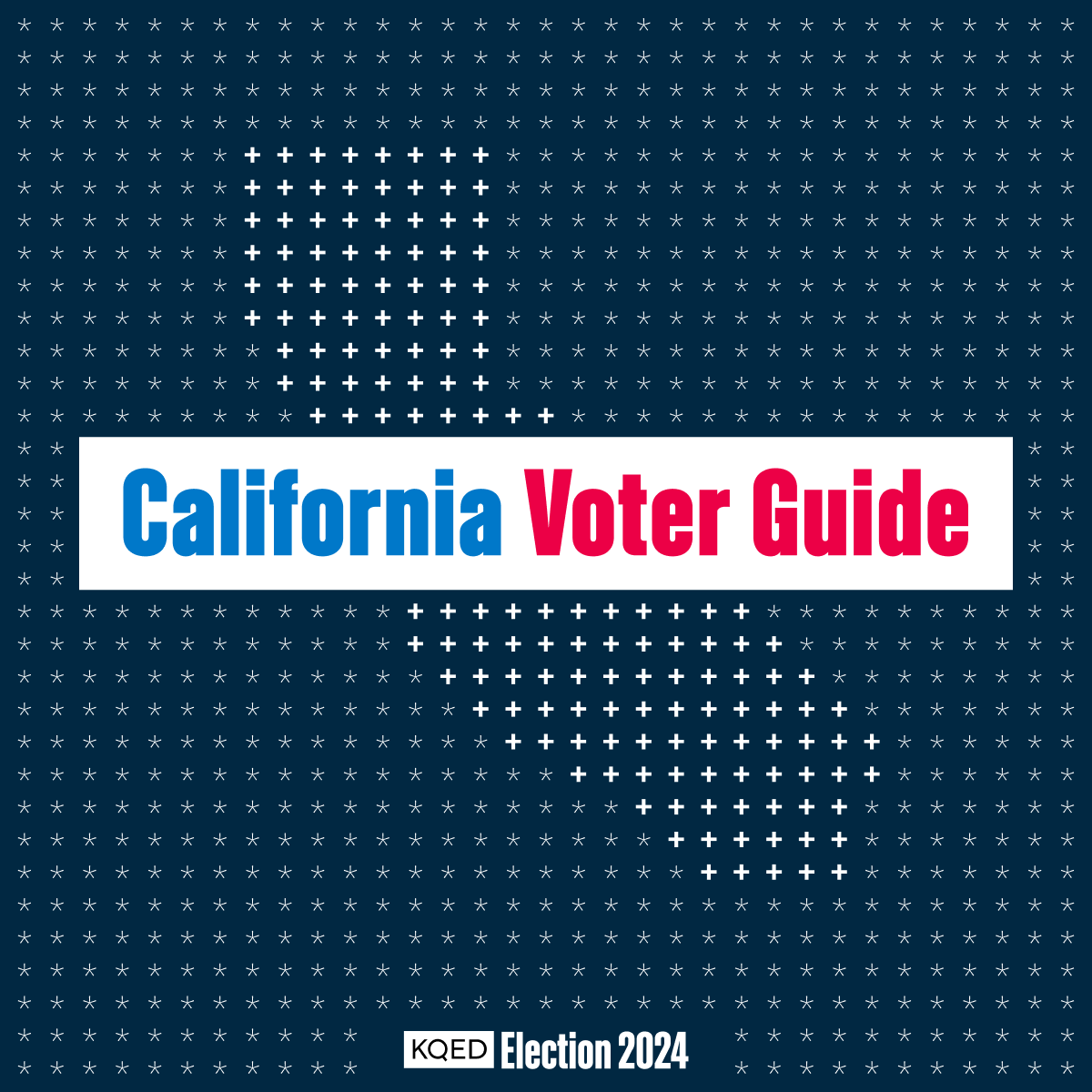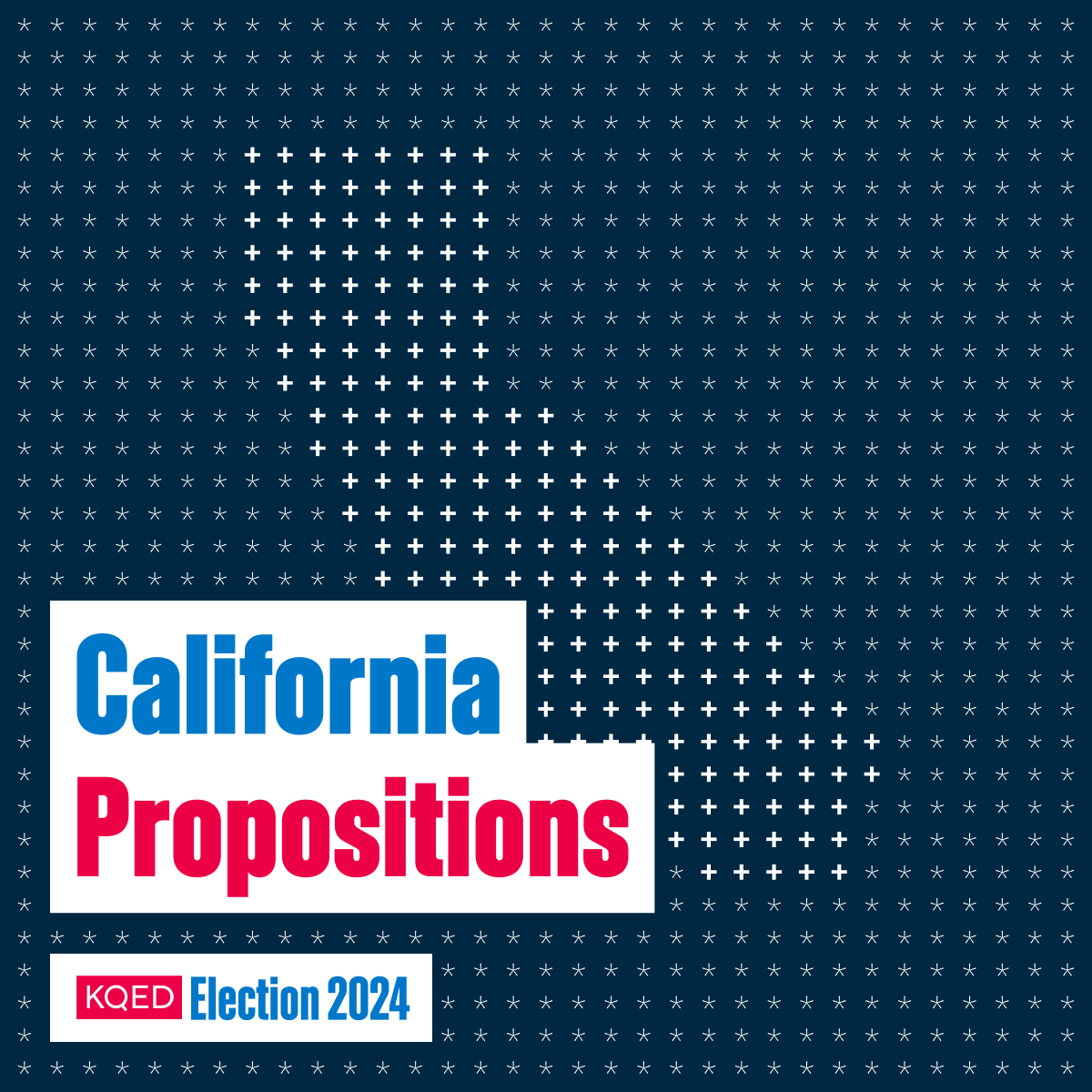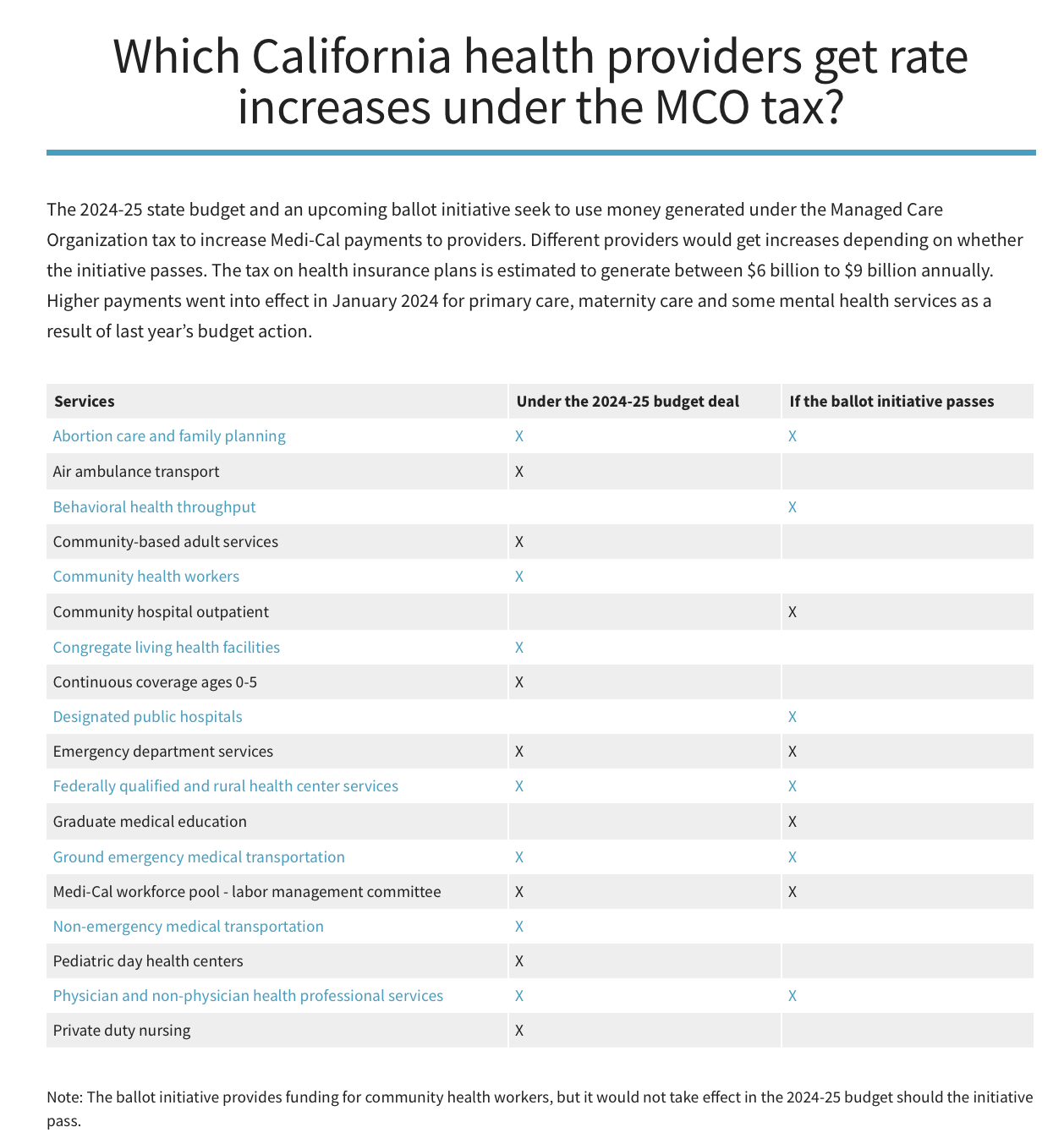Among the blitz of election ads flooding TV, social media and street corners, you won’t see any opposition to a ballot measure proposing to lock in billions of dollars to pay doctors more for treating low-income patients.
However, opponents of Proposition 35 have a warning, even if they don’t have the money to pay for ads: The measure could backfire and cause the state to lose billions in federal funding.
Proposition 35 would take an existing tax on health insurance plans and use the money to increase payment to doctors and other providers who see Medi-Cal patients. Its supporters have raised $50 million, drawing from groups representing hospitals, doctors and insurers.
Medi-Cal, the subsidized insurance plan serving some 14 million Californians, has ballooned in size over the past decade with increased eligibility and benefits. But those changes haven’t come with a commensurate increase in payment to doctors.
As a result, health care providers and advocates say too few doctors accept Medi-Cal, leaving patients with nowhere to turn.
According to the Public Policy Institute of California, the measure is leading and likely to pass.
However, opponents, represented by a small coalition of community health advocates, seniors and activists for good governance, say the details of the proposition put the state at risk of losing billions in federal funding.
That’s because the federal government, under both the Biden and Trump administrations, has warned California that its tax on health plans to fund Medi-Cal services takes unfair advantage of a loophole in federal regulations. The federal Centers for Medicare and Medicaid Services intends to close that loophole, regulators wrote in a letter to California officials late last year.
“This is the fatal flaw of this initiative,” said Kiran Savage-Sangwan, executive director of the California Pan-Ethnic Health Coalition, which is leading the opposition. “We can all have opinions on how to spend the money, but we have to raise the funds first.”
The problem, opponents say, lies in how California taxes health plans and how Proposition 35 limits changes in the future.
Right now, the Managed Care Organization Tax, also known as the MCO Tax, generates revenue for Medi-Cal by taxing health insurers that serve both Medi-Cal and commercially insured patients. The federal government gives California a dollar-for-dollar match to whatever the tax raises funds. For Proposition 35, that’s an estimated $7 billion to $8 billion annually through 2027.
However, California has historically placed the majority of the tax burden on Medi-Cal insurers and not commercial insurers. In its letter to state officials, federal regulators said Medi-Cal plans represent 50% of all insured people but bear “99% of the total tax burden.” That is at odds with the spirit of the law, which is meant to redistribute revenue from commercial insurers to Medi-Cal plans, regulators wrote.
Proposition 35 would cap the tax on commercial insurers at a minimal rate. Any attempts to modify the tax would have to go back to the ballot box or be approved by three-fourths of the Legislature. Opponents say that means federal rule changes requiring the commercial tax to be more equal to the Medi-Cal tax will force the state to reduce taxes on the Medi-Cal plans.
“The end result of that is when the federal government makes good on their promise to change the rules on this tax, the revenue we raise from this tax will be dramatically reduced, and we would leave billions of dollars on the table,” Savage-Sangwan said.
Proponents of the measure said this argument is false but did not provide details. They say Proposition 35 will make the Medi-Cal program more stable and higher rates will encourage more providers to see low-income patients.
California’s Medi-Cal reimbursement rates fall in the bottom third compared to all other states, according to the Kaiser Family Foundation, and rates for specific services like obstetrics are among the lowest in the country.



